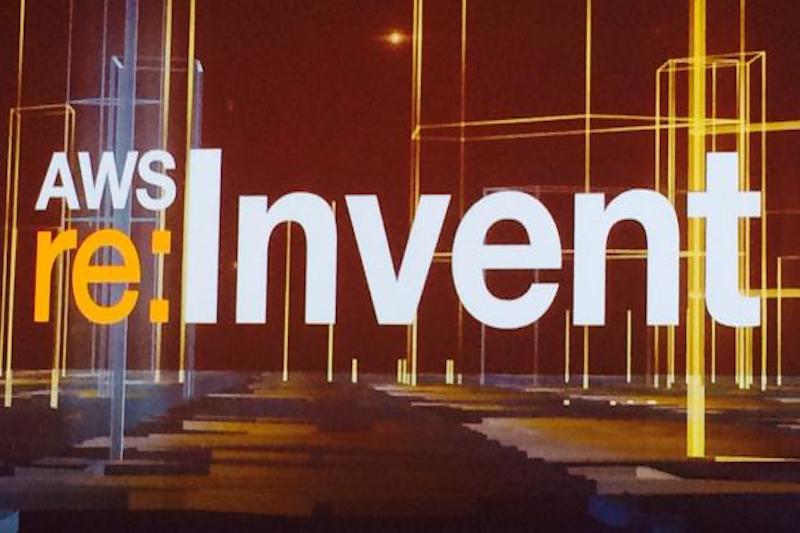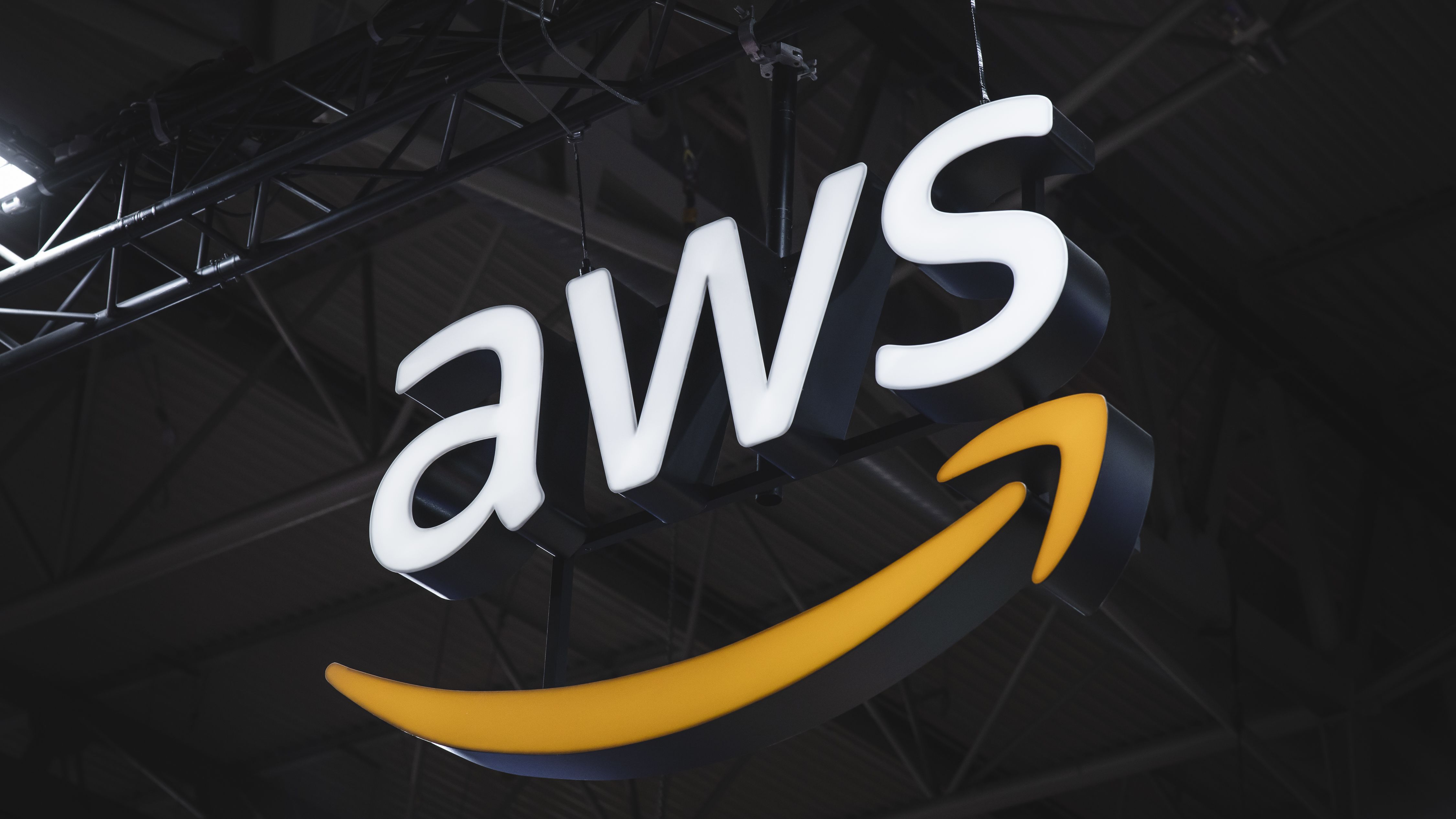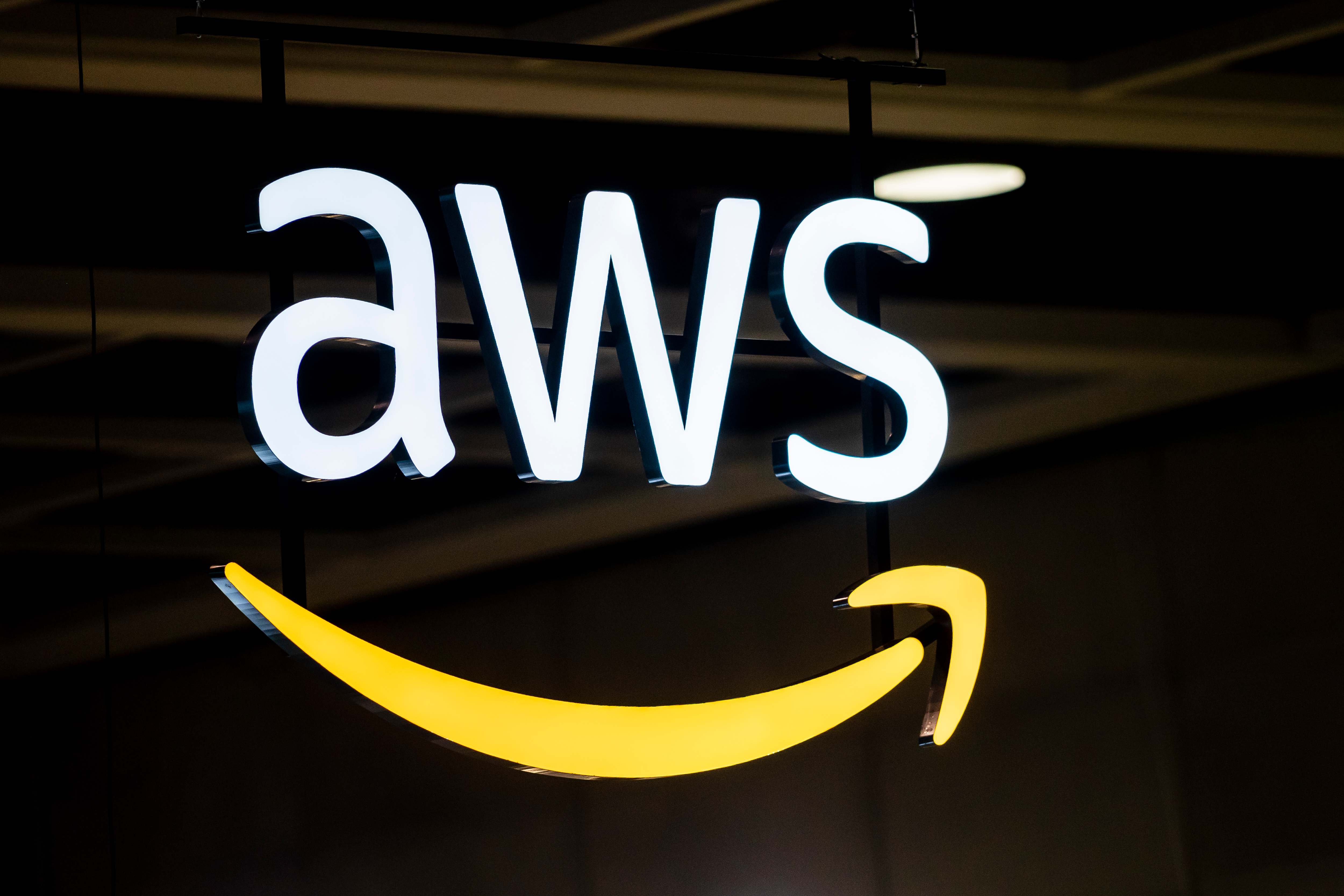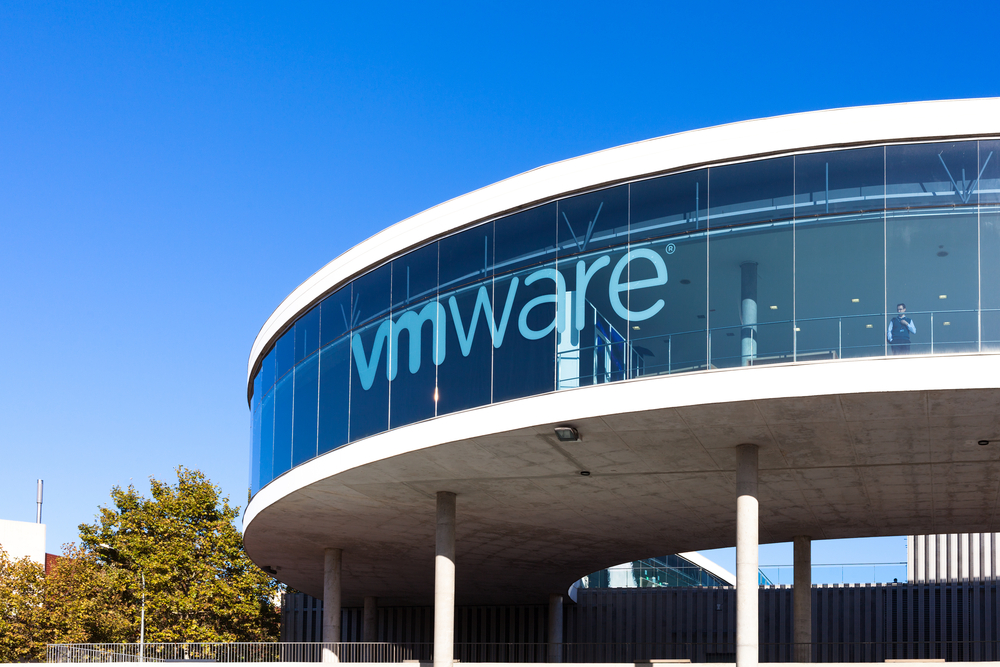What to Expect: AWS re:Invent 2017
AWS is likely to go big on AI and support Kubernetes at next week’s conference

Amazon Web Services (AWS) has been behaving slightly strangely ahead of its annual re:Invent conference. Whereas most organisations save up all their announcements for a massive blast in the opening keynote, AWS seems to be doing its damndest to get rid of as many as possible before the doors have even opened.
Recent announcements from the cloud giant include that it's opened a so-called Secret Region' (it's not even on a map) for spy agencies to store their data in some sort of huge private cloud just for them, a new compute-heavy C5 instance for EC2, and a programme helping businesses with AI.
But that's not even everything. Just this week, AWS became Symantec's "strategic cloud provider" - and CNBC suggests that the company that started out providing infrastructure to Jeff Bezos's retail site is about to sign a cloud deal with US health tech giant Cerner.
So what on Earth will CEO Andy Jassy have left to announce in Las Vegas this week? By my reckoning, plenty.
High on AWS's priority list will be building out its AI division (Amazon AI). The key technological components of this - Lex for machine learning, Polly for speech and Rekognition for image recognition - were unveiled this time last year, when AWS was already behind the curve compared to Microsoft and Google, its two closest public cloud rivals.
But, as Forrester senior analyst Paul Miller told me last year, it doesn't take AWS long to catch up. "The danger every time AWS announces something, is it tends to be quite small and quite limited in capability, and the competition jumps in and says 'well that's only 20% of what we can do' and they take their eye off the ball," he said at the time.
"Six months later it's not 20%, it's 200% of what they're doing."
Get the ITPro daily newsletter
Sign up today and you will receive a free copy of our Future Focus 2025 report - the leading guidance on AI, cybersecurity and other IT challenges as per 700+ senior executives
I believe there will be a host of machine learning-infused products being announced this year, with AWS - just like its competitors - keen to plug its machine learning capabilities into plenty of other services.
One obvious win here would be to replicate Oracle's decision to introduce machine learning to its database, to let it auto-tune itself and take the weight off database admins. AWS could do the same with its cloud database, Aurora.
Kubernetes, migration and bare metal
Another widely-rumoured product is a Kubernetes service running on top of EC2.
AWS joined the Cloud Native Computing Foundation in August, an open source foundation tasked with overseeing the development of the container technology, to much fanfare. So customers who like Kubernetes to automate and deploy their containerised applications, who're customers of AWS, are likely to benefit from better integration and fresh features to make their jobs a bit easier.
While Kubernetes is arguably a typically developer-centric announcement from AWS, the cloud giant is getting better at talking to businesses - and giving them want they want. We saw this last year with a tranche of cloud migration tools, including the Snowmobile.
I think we'll see more of these kinds of tools (though probably some with less swagger than a massive truck) this time around. While AWS maintains it believes public cloud is the eventual destination for companies, it's now more accepting of the fact that most companies see hybrid as their (lengthy) rest stop on their way.
It also teamed up with VMware last winter to provide a burst-out option for customers of the virtualisation firm who want to run their apps in the cloud, seen as a major step towards having a hybrid strategy by making its bare metal service the sensible option for plenty of enterprises.
This month, Microsoft ensured it won't be left behind with a bare metal cloud designed to let VMware customers do the same with Azure.
This strategy makes a lot of sense, and I can imagine AWS either working up a bare metal cloud with more tech vendors who don't have their own cloud service(s), or taking the Microsoft route and building it anyway.
Cloud security
User error has been a big theme for 2017's data breaches - and people not encrypting their AWS S3 buckets by default has become a bit of a theme. AWS finally addressed the problem earlier this month, introducing some basic security measures like default encryption.
But we could see AWS fire off a few security announcements next week just for good measure, if only to reassure businesses it's a secure place to host their data.
What about SaaS?
Every year I expect AWS to really go for it on SaaS, and every year it doesn't happen.
The firm has a few services in this space, but overall the portfolio feels very underdeveloped.
There's AWS Chime for online meetings, WorkDocs for file collaboration, and the WorkMail email service.
But compare that to Slack and Microsoft Teams, and Facebook's Workplace, and it's clear the offering is outdated.
Not that we need another cloud-based messaging platform, but it would help tie AWS's services here together, and - as the cloud market leader - would be an obvious starting point for AWS to really give this area some focus.
This is also an area that would really benefit from AI. We've seen Microsoft and Oracle do the same, and it would help build out AWS's cloud to play more solidly across the SaaS tier, alongside its strong IaaS and PaaS levels.
However, we're all guilty of hyping these events a little too much. There will be a mix of exciting headline announcements - both customers and products - next week, and lots of little iterative changes, tweaking and adjusting services to make them more useful and effective based on what customers want to do. A mix of pushing ahead of the competition in some areas and playing catch up in others. This is a pretty good policy - act bombastic about the new, business-friendly product announcements, and listen carefully to developer feedback about what's not working, and adjust accordingly.
Really though, we probably won't be in a position to judge how significant re:Invent 2017's new and updated services will be until customers start using (or not using) them.
-
 Asus ZenScreen Fold OLED MQ17QH review
Asus ZenScreen Fold OLED MQ17QH reviewReviews A stunning foldable 17.3in OLED display – but it's too expensive to be anything more than a thrilling tech demo
By Sasha Muller
-
 How the UK MoJ achieved secure networks for prisons and offices with Palo Alto Networks
How the UK MoJ achieved secure networks for prisons and offices with Palo Alto NetworksCase study Adopting zero trust is a necessity when your own users are trying to launch cyber attacks
By Rory Bathgate
-
 AWS layoffs: Why Amazon is cutting staff from its most profitable division
AWS layoffs: Why Amazon is cutting staff from its most profitable divisionNews AWS layoffs follow a period of slowing growth and decreasing market share for the cloud division
By Ross Kelly
-
 AWS invests $6 billion in Malaysia cloud expansion as SEA competition heats up
AWS invests $6 billion in Malaysia cloud expansion as SEA competition heats upNews While AWS continues expanding its footprint in Southeast Asia, Chinese competitors are edging into this expanding market
By Ross Kelly
-
 Hyperscaler earnings 'highlight new era of maturity' in global cloud market
Hyperscaler earnings 'highlight new era of maturity' in global cloud marketNews Sluggish earnings for Azure, Google Cloud, and AWS could point to a more moderate cloud market in the year ahead
By Ross Kelly
-
 AWS splashes $35 billion to expand data centres in Virginia
AWS splashes $35 billion to expand data centres in VirginiaNews The massive figure is close to the total sum AWS has previously invested in the state since 2006
By Zach Marzouk
-
 AWS launches Australia's first local zone for low-latency workloads and data residency
AWS launches Australia's first local zone for low-latency workloads and data residencyNews The company is aiming to help customers who need infrastructure closer to their data sources or end-users
By Zach Marzouk
-
 AWS follows Google in opening a cloud region in Thailand
AWS follows Google in opening a cloud region in ThailandNews The region is one of 24 other global regions announced by the company
By Zach Marzouk
-
 NetApp teams up with VMware to help businesses migrate enterprise workloads
NetApp teams up with VMware to help businesses migrate enterprise workloadsNews Amazon FSx for NetApp ONTAP is the first native AWS cloud storage to be certified as a supplemental datastore for VMware cloud on AWS
By Daniel Todd
-
 AWS announces new region in United Arab Emirates
AWS announces new region in United Arab EmiratesNews The country is already home to AWS’ Middle East (Bahrain) region, launched in 2019
By Praharsha Anand